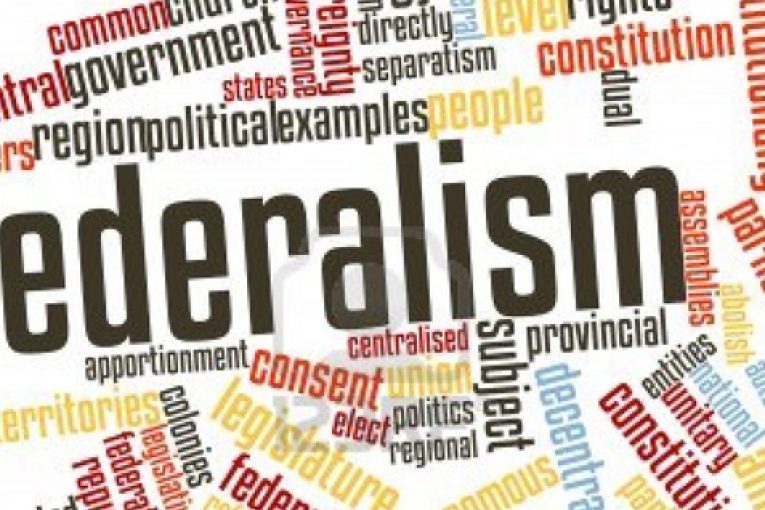
- المركز الديمقراطي العربي
- مجلة القانون الدستوري والعلوم الإدارية : العدد الثامن تشرين الأول – أكتوبر 2020 المجلد 2 ، وهي مجلة دولية محكمة تصدر عن المركز الديمقراطي_العربي المانيا- برلين.
- تعنى المجلة في مجال الدراسات والبحوث والأوراق البحثية في مجالات الدراسات الدستورية والعلوم الإدارية المقارنة – نشر البحوث في اللغات (العربية – الفرنسية – الإنجليزية )
للأطلاع على البحث “pdf” من خلال الرابط المرفق :-
Abstract
This research examines the most prominent negative and positive features of federalism.
There is a tendency to reject all forms of federalism, under various political, economic, social and cultural pretexts, such as: It is a problem that threatens national unity and ultimately affects political control. And that adopting the political and legal discourse of federalism, that is, by choosing equality in political, economic and social treatment, this equality will be more expensive and more time consuming.
While anti-federalist views were a source of concern for the liberals, who reject all forms of oppression and tyranny, with their various pretexts, based on several moral, political, legal, economic and social principles. They saw that separatism is strengthened when there is social inequality and inequality of rights and opportunities. When a group feels injustice at home, the danger of separation increases. Also, exclusion and marginalization may generate civil wars, or provoke ongoing conflicts, which may cost the state financially and humanly many times the cost of granting constitutional rights to minorities. This trend favors institutional arrangements that promote equality of opportunity, reduce social exclusion, and encourage common policy. Accordingly, supporters of this trend saw federalism as an appropriate way to achieve balance in interests and public recognition of rights. When equality is achieved among all citizens, and at all levels, the values of citizenship and belonging will be strengthened, national cohesion will increase, and the common national identity will be strengthened.
